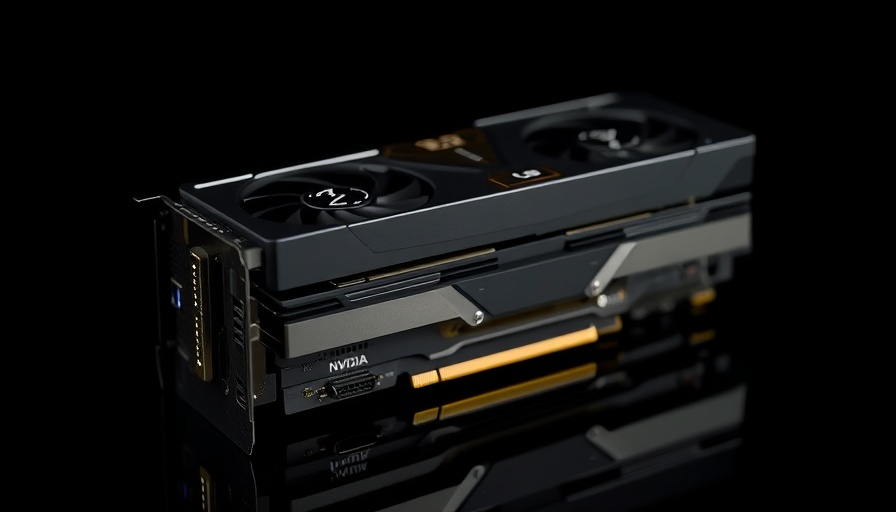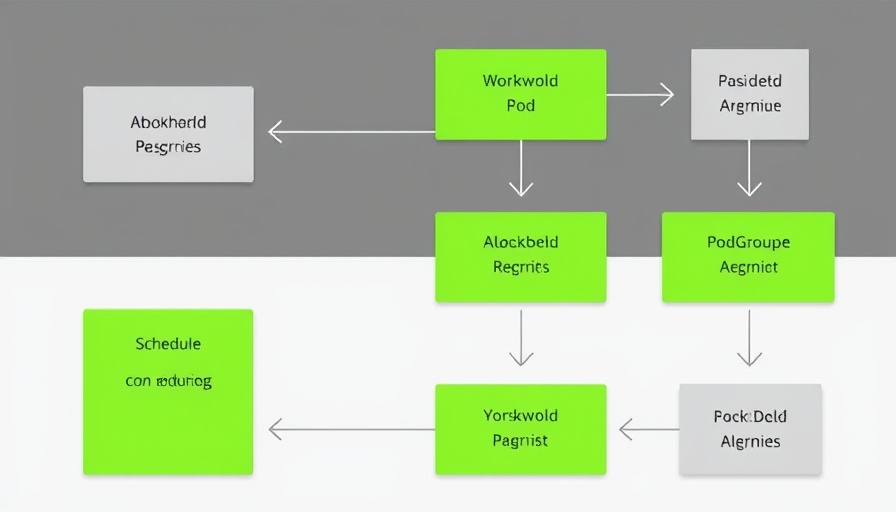
Nvidia's Ongoing Strategy: No Stake in Intel
Nvidia (NVDA.O) CEO Jensen Huang recently confirmed at the company's annual developer conference in San Jose that the tech giant has not been approached to purchase a stake in Intel (INTC.O). This news comes amid speculation about potential strategic partnerships within the technology sector amid the ongoing AI boom.
Understanding the Context: Why Intel Matters
Intel has faced significant challenges in the semiconductor market, particularly with the rise of AI and machine learning which demand high-performance chips. As more companies seek to enhance their products with AI capabilities, partnerships and acquisitions become a focal point in the tech community. Huang’s comments clarify where Nvidia stands, emphasizing its independence in a crucial time for both companies.
The AI Landscape: Nvidia's Role in Competitive Market
As AI technology continues to evolve, Nvidia has positioned itself as a leader by providing powerful GPUs that facilitate machine learning and data processing. Huang's statement suggests a strategic choice to focus on organic growth and the development of existing technologies rather than pursuing acquisitions that might dilute the company's core competencies.
Strategic Independence: A Double-Edged Sword
While Nvidia’s independence allows for greater control over its innovation trajectory, there is a risk inherent in not aligning with other major players like Intel. Without the collaborative efforts that come from partnerships, companies like Nvidia may miss opportunities for synergy in the AI-focused future. Huang’s humorous remark about not being invited to a consortium highlights the competitive nature of the tech industry, where partnerships can often be as crucial as standalone advancements.
Future Trends in AI: More than Just Chips
The need for advanced semiconductors is paramount, but it is equally important to consider how companies like Nvidia and Intel will adapt to the growing demands for AI. As industries increasingly rely on AI advancements, we might witness a shift in company strategies that favor collaborative innovation over traditional competitive stances.
Broader Implications for the Tech Industry
Investors and enthusiasts should keep an eye on how these dynamics evolve. The AI arms race between tech giants will undoubtedly influence stock valuations in the short and long term. Analysis indicates that strategic acquisitions could empower growth trajectories, which raises questions about Nvidia's future decisions should opportunities arise.
Conclusion: Keeping a Pulse on Nvidia and Intel
For those keenly following the AI sector and its key players, understanding the relations and dynamics between Nvidia and Intel is essential. While the idea of collaborate growth isn't currently in Nvidia's plans—evidenced by Huang's statements—the landscape can change rapidly. Staying informed allows fans and investors to navigate the trends that will shape the future of technology.
 Add Row
Add Row  Add
Add 




 Add Row
Add Row  Add
Add 

Write A Comment